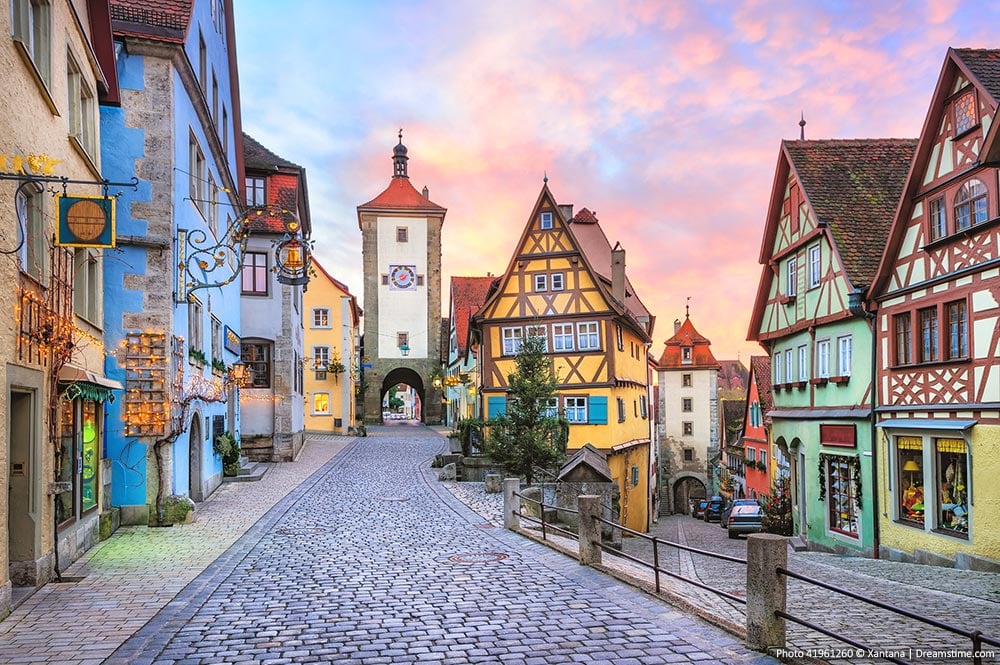World civilization is growing and cities are expanding to their outer city limit which leads to an urban sprawl and the formation of suburbs. Specialized city suburbs have been developed over time which eventually separates the inhabitant’s social connection from the main city center. As a result, the city has exceeded its outer boundaries and leaves limited space for further urban development. When population and housing demands increased, government authorities, sought out for new and other options; the development of new towns.
New town, a form of urban planning designed to relocate populations away from large cities by grouping homes, hospitals, industry and cultural, recreational, and shopping centres to form entirely new, relatively autonomous communities. The first new towns were proposed in Great Britain in the New Towns Act of 1946; between 1947 and 1950, 12 were designated in England and Wales and 2 in Scotland, each with its own development corporation financed by the government. The new towns were located in relatively undeveloped sites. Each was to have an admixture of population so as to give it a balanced social life.
A new town is a new settlement built on either rural land transformed to urban land use or on new reclaimed land. The objective of developing new towns is to become a self-sufficient town. New towns seem to be the answer to the urban sprawl and suburban dilemma where there are low economic job opportunities creating a high percentage of commuting. This however becomes a mutual problem for new towns as they evolve making them dependent on neighboring towns and cities for employment and various types of social services. Another issue that new towns have to deal with is the identity crisis which links to its lack of history. This therefore leads people to the misconception of new towns as suburbs.
A more consistent definition of a new town is best described by the International New Town Institute as (INTI) human settlements that were founded at a certain moment in history by an explicit act of will, according to a preceding plan and aiming to survive as a self-sustaining local community and independent local government, able to play a role in the ongoing development of the region in which the new town is located.
A new town has been interpreted as a relocation of housing for overpopulated cities or a safe suburban living area for the middle class family. A new town is not an extension of an existing town or city. It is a blueprint plan of a new settlement before it was built. New towns were also characterized as a new concept of lifestyle: ‘living in a green and healthy environment’ after much destruction to existing cities and towns during World War II. New Towns became the answer to divert over populated and congested cities to a new location of a new town. The development of new towns has served as relocation for the over spill of existing cities. It should not be forgotten that new towns also exploits rural land that may have served for other land use developments such as for farmland or nature and recreation area.



